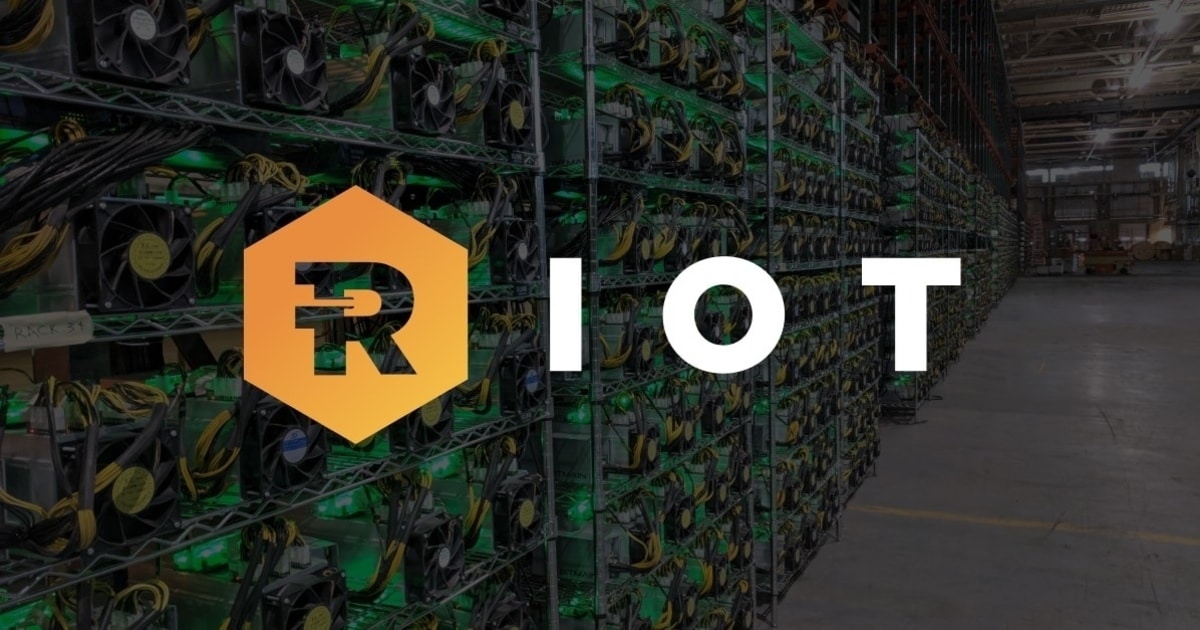Ethereum ETF Approval: The Role of 19b-4 Filings and S-1 Forms

The post Ethereum ETF Approval: The Role of 19b-4 Filings and S-1 Forms appeared first on Coinpedia Fintech News
The journey towards the spot Ethereum ETF’s approval is a critical moment for the crypto market. A spot Ethereum ETF, which would hold Ether as its underlying asset directly, needs approval from the U.S. Securities and Exchange Commission (SEC) to trade on stock exchanges.
The approval process primarily has two components: the 19b-4 filings and the S-1 registration statements. They are exchange rule changes and registration statements, respectively.
These fillings are important in the ETF’s lawful listing and sale to the public. In addition, Nate Geraci, the President of ETF Store, has revealed what the upcoming week might hold for these approvals, highlighting the significance of the SEC’s decisions.
Understanding the 19b-4 Filings
The 19b-4 filings are submissions by national securities exchanges, such as the NYSE or Nasdaq, requesting the permission of the SEC to introduce new products or change existing rules. These fillings are important for Ethereum ETFs as they allow the exchanges to enlist them on their trading platforms.
However, detailed scrutiny by the SEC is included in the process to ensure that adding ETH products agrees with the regulatory standards and market stability. Although the approval of 19b-4 filings is a crucial step, it does not guarantee that the ETFs can be sold to investors. The exchanges must also wait for the approval of registration forms of S-1.
Also check out: Here’s How the U.S. Elections Could Affect Spot Ethereum ETF Approvals
The Role of S-1 Registration Forms
The S-1 registration forms are comprehensive documents that provide detailed information about new securities offered to the public. For ETFs, this includes the fund’s structure, management, and investment strategy, mainly focusing on how it plans to replicate Ethereum’s performance. The SEC uses this information to analyze the potential risks associated with and ensure investors’ transparency.
S-1’s approval is mandatory for the ETFs to be marketed and sold. In addition, the SEC contains a statutory period that can extend up to 240 days. This span is used to review these fillings. Both the 19b-4 and S-1 approvals are necessary for the Ethereum ETF to operate in the market fully.
Potential Delays and Market Impact
Even if the SEC shows the green light for the 19b-4 filings, delays could be seen in the approval of the S-1 registration forms. The complexities and the inherent risks associated with crypto products can give rise to this cautious approach. A delay reflects the currently ongoing concerns related to the stability and security of these investments.
Hence, the SEC’s approval is essential for adopting spot Ethereum ETF in the mainstream, as it would issue a regulated and secure medium of investment for ETH. However, there could also be traces of regulatory hesitance if there’s a delay or denial, which would also impact the market sentiment. In addition, Ethereum’s price reverted to $3,100. Reflects the market predictions and volatility amidst the awaited decision of the SEC.
Also check out: Here’s How the U.S. Elections Could Affect Spot Ethereum ETF Approvals



